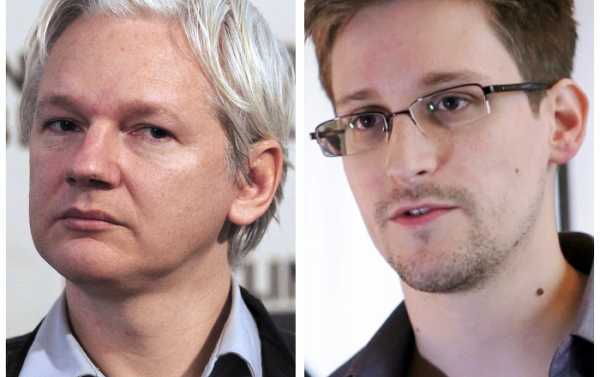
Just one week after Facebook purged hundreds of independent journalist and activist pages from its platform, the company’s top cyber official revealed that the social media giant is considering the removal of hacked information from showing up in newsfeeds.
An article Reuters published Monday featuring an interview with Facebook’s head of cyber security policy Nathaniel Gleicher touts in its headline the company’s plan to ban false information about voting requirements and fake news about polling stations ahead of November’s midterm elections. Buried in the second half of the article, however, is news that Facebook is also weighing a ban on hacked or leaked information.
Facebook executives are discussing whether to ban posts on the platform that link to hacked material, Gleicher told the outlet.
The article goes on to set up a dichotomy between good hacks and bad hacks. Reuters first introduces the “dissemination of hacked emails” from the Democratic National Committee (DNC), saying it “likely played a role in tipping the 2016 presidential election to [US President Donald] Trump,” a claim which, though trumpeted frequently, remains unsubstantiated. It also remains unproven that the emails taken from the DNC were hacked and not leaked by other means.
Even if that hacking allegation has been made in good faith, there is no indication that future leaks wouldn’t be mistaken for hacks — or treated as such for political purposes — and thus removed. To compound the situation, attribution in the realm of cyberspace is often a fool’s errand. It’s not clear how Facebook would differentiate information sourced to leaks from that sourced to hacks, especially if sources are disputed by multiple parties.
Reuters then pivots to the Panama Papers, noting that a “blanket ban on hacked content” would “limit exposure to other material some believe serves the public interest.”
The Panama Papers exposed offshore tax avoidance schemes employed by some of the wealthiest people in the world. At the time of their release in 2015, however, some noted that the leaks seemed to selectively target subjects, many of whom were linked to Russia. The shakedown was promoted, though, under the auspices of exposing all sorts of billionaires despite netting few American abusers of financial systems.
The dichotomy presented by Reuters — and potentially conveyed to them to reflect Facebook’s understanding — suggests the argument that the exposure of the DNC’s favoritism, via emails, to then-candidate Hillary Clinton at the expense of her primary opponent Bernie Sanders was not in the public interest. While the DNC depicted themselves as victims of a hack, the cronyism and back-room dealing exposed in the email contents has never been questioned for its authenticity.
If Facebook moves forward with the ban, it would follow a similar measure instated by Twitter October 1. A clause in the latter’s rules update prohibits “the distribution of hacked material that contains private information.”
The Twitter rule update received little attention when it was instituted but has seen renewed scrutiny since Facebook banned more than 800 accounts on Thursday in what it called a crackdown on “coordinated inauthentic behavior.” Administrators for some of the pages have told Sputnik News that they believe the crackdown was politically motivated, however. Twitter later banned some of the corresponding accounts as well.
Sourse: sputniknews.com






